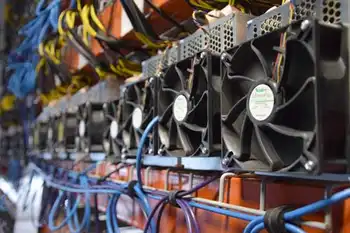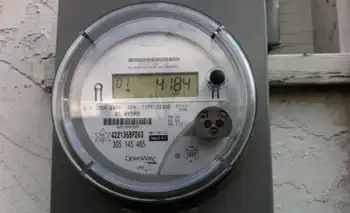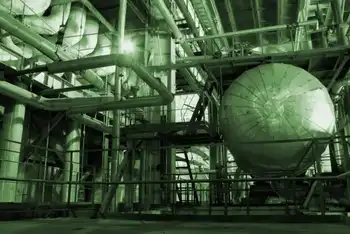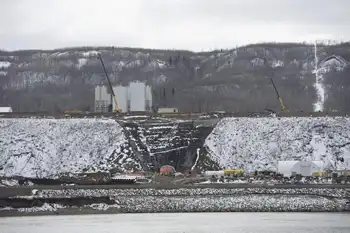Bangladesh evaluates coal-fired plants
By Industrial Info Resources
Substation Relay Protection Training
Our customized live online or in‑person group training can be delivered to your staff at your location.

- Live Online
- 12 hours Instructor-led
- Group Training Available
The country had sought loans of nearly $500 million from the Asian Development Bank (ADB) to install two power plants with a total capacity of 175 MW at Karnaphuli in Chittagong and at Barapukuria in the Dinajpur district. Under the Sustainable Power Sector Development Program, the ADB provided Bangladesh with $465 million in 2007.
Natural gas is used to produce 85% of the available power, but the country is facing a daily shortage of 150 million cubic feet of gas as supplies deplete. Investments of about $10 billion are required over the next two decades to be able to meet the energy demand. In a bid to attract investments, businesses are being permitted to invest up to 51% in state-run plants.
India's Tata Group recently withdrew its plans to invest $3 billion in fertilizer, infrastructure, power and steel projects in Bangladesh. Bangladesh could not guarantee a fixed supply of natural gas required by the four Tata projects. Despite prolonged discussions from 2004 to 2006, several key issues could not be resolved.
On July 15, 2008, the energy division of Bangladesh presented a draft coal policy to the council of advisers for their approval. The new policy is expected to reignite the development of the country's coal sector, which recently has not seen much progress. In regard to the huge demand for energy, the policy discourages coal exports and suggests that a state-run entity be awarded the license to explore and develop coalfields.
License holders can form joint ventures with partners selected through competitive bidding. The policy also suggests setting up of a state-run entity called Khani Bangla to manage all coal- and mine-related activities. It will also form the Coal Sector Development Committee to determine the royalty rate of different coal mines taking into account the geological structure of the specific mine.
Bangladesh has five coalfields with reserves of more than 2.55 billion tons. However, it has only one 250-MW coal-fired power plant, which is facing a severe shortage of coal because of the irregular supply from the Barapukuria coal mine. With the current energy scenario, Bangladesh has no option but to exploit its coal reserves for power generation. The coal discovered at Barapukuria, Phulbari, Khalaspir, Jamalganj and Dighipara is of high quality and meets international standards.
According to the 2007 census, Bangladesh has a population of 150,448,340. The country's gross domestic product grew by more than 16% to $79 billion in the financial year up to June 2008. The per-capita income rose 15% to $599. The growth happened despite steep inflation, price hikes, natural disasters and losses incurred by state-run organizations. The exchange rate was steady, export earnings increased, the capital market steadily grew, and there were increased remittances from expatriates, among other positive signs.
In 2007, Bangladesh received more than $190 million in assistance from the ADB and its development partners to recover from the devastation caused by cyclones and floods. The rehabilitation project was implemented in five parts. The first financed the import of essential commodities, the second involved rehabilitation and restoration of rural infrastructure, the third financed urban rehabilitation, the fourth involved the repair of national roads, bridges, and culverts, while the fifth involved construction of flood control structures, canals and protective works.











